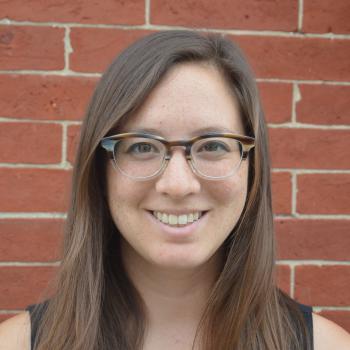Women of reproductive age and the partners of those who test positive will be screened for CF mutations by new methods of rapid DNA analysis in this pilot study. The target population includes large numbers of Hispanic and Asian Americans, two groups which have not been studied extensively for either their CF mutation frequencies or their response to testing and counseling.
This project will study the role of patient preferences and other factors in choices regarding use of prenatal screening for and diagnosis of chromosomal disorders in a racially/ethnically diverse population. The study will collect detailed information regarding the distribution of individual preferences for test characteristics and outcomes by racial/ethnic group, as well as other factors which may be related to choices regarding the use of these tests.
This project is an Information Conference on the Human Genome Project: The Challenges and Impact of Human Genome Research for Minority Communities. This two day conference is designed primarily for representatives of minority communities, including community leaders, representatives of minority organizations, educators, government officials, fraternal groups, religious organizations representatives, civic, social, business and professional organizations. It is open to the public.
Exome sequencing (ES) and whole genome sequencing (WGS) are transformative new tools for discovery of genetic risk factors for both rare and common diseases and offer the potential of personalized genetic risk profiling in a single, cost-effective test. Because of the large number of variant results simultaneously identified, the number of results with potential clinical utility-including those that are unanticipated, and the evolving utility of results over time-use of these technologies challenges existing models of returning results to research subjects and patients.

